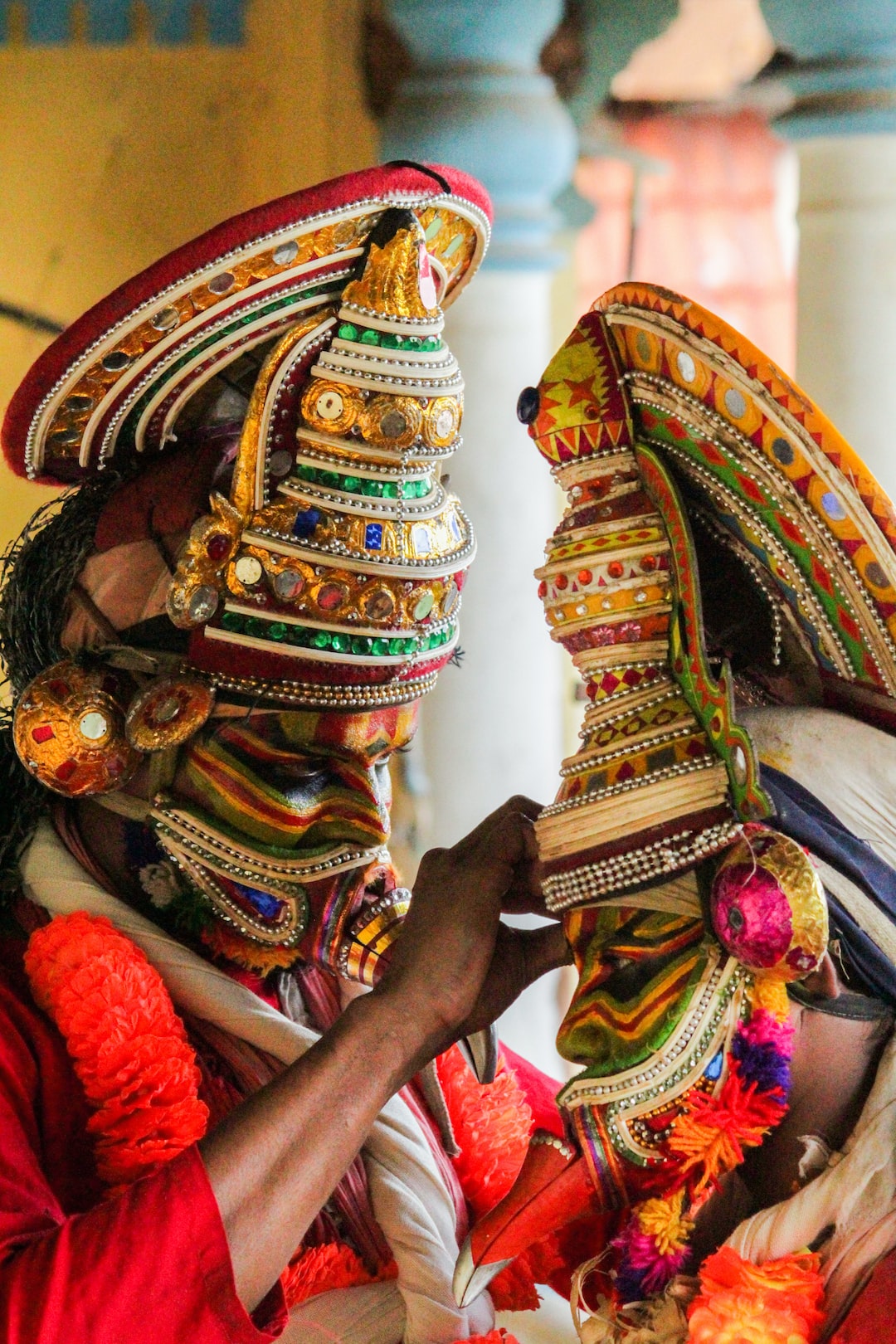The Role of Social Media in Celebrity Culture: From Fans to Followers
In this digital age, social media has become an integral part of our lives. It has transformed the way we communicate, gather information, and even perceive celebrities. The power of social media has revolutionized the traditional concept of celebrities, shifting the focus from mere fans to active followers. Celebrities are no longer distant figures on a pedestal, but rather, they have become accessible and relatable through social media platforms.
Social media platforms like Instagram, Twitter, and TikTok allow celebrities to directly connect with their fans. They can share glimpses of their personal lives, interact with followers through responses and comments, and even collaborate with fans on various projects. This interactive aspect of social media has blurred the lines between celebrity and ordinary person, creating a new kind of relationship between celebrities and their followers.
One significant impact of social media on celebrity culture is the democratization of fame. In the past, fame was primarily reserved for those who were in the spotlight – actors, musicians, and athletes. However, social media has given rise to a new breed of influencers who have gained recognition and fame through their online presence. These influencers have become celebrities in their own right, shaping the way we perceive the concept of fame.
Social media has also provided a platform for underrepresented voices to be heard. It has given a voice to marginalized communities, allowing them to share their stories, struggles, and achievements with a global audience. Celebrities who belong to these communities are using their platforms to bring attention to social issues, fostering much-needed conversations and change. Social media has empowered individuals to challenge societal norms and demand representation, thereby shaping the course of celebrity culture.
Another aspect of social media’s impact on celebrity culture is the increased pressure to maintain an online presence. Celebrities are now expected to be active on social media, sharing updates, and engaging with their followers regularly. This constant need for visibility can sometimes lead to a loss of privacy and authenticity, as celebrities carefully curate their online personas. There is a pressure to be always “on,” and failure to do so may result in a decline in popularity.
However, social media has also provided celebrities with a mode of self-expression and control over their narratives. In the past, celebrities relied on traditional media and paparazzi to shape their image. With social media, celebrities have the power to control how they are seen and heard. They can address rumors, share personal stories, and even promote their projects directly to their followers. The ability to be transparent and authentic on social media has led to a humanization of celebrities, allowing fans to relate to them on a deeper level.
It is important to recognize that the role of social media in celebrity culture is not without its drawbacks. The constant scrutiny, cyberbullying, and invasion of privacy are some of the negative consequences that celebrities have to navigate. Moreover, the obsession with followers and likes can lead to a superficial and performative culture.
In conclusion, social media has forever changed the landscape of celebrity culture. It has transformed traditional notions of fame, empowered underrepresented voices, and given celebrities unprecedented control over their narratives. However, it is crucial to strike a balance between the benefits and pitfalls of social media in order to ensure a healthy and meaningful celebrity culture in the digital age.
